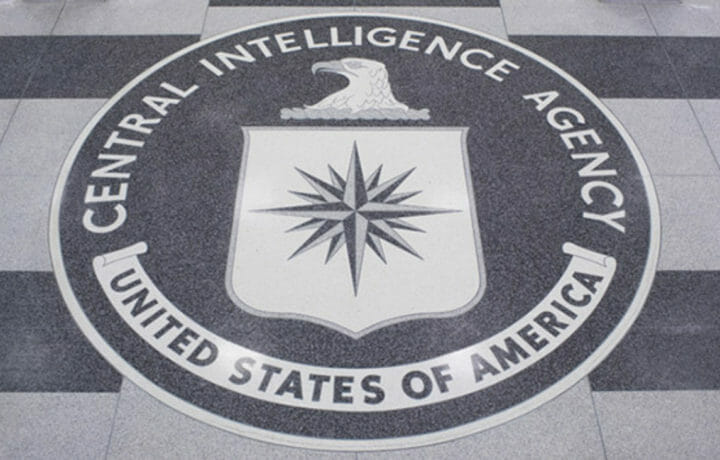The prepublication rules (both in policy and agreed terms of employment), in essence, are very similar within four government agencies-CIA, DoD (to include NSA) and the ODNI (Office of the Director of National Intelligence). They have basic criteria that all current and former employees submit to the agency prior to publication to give the government the chance to review and if necessary, redact materials that might contain classified or even sensitive information. The typical scenario in which this happens is when a former employee of those agencies wants to write a book or article concerning their experiences or expertise.
New Prepublication Review Case
The Fourth Circuit Court of Appeals discussed the subject of prepublication review this past summer when it affirmed the lower court’s ruling of the Government’s Motion to Dismiss. The court’s posture is to give great latitude to the government in redacting materials which may impact national security.
A new case involving prepublication review was filed the end of last month in the United States District Court for the District of Columbia against the Department of Defense by Richard Lawless. The plaintiff Lawless is a former career CIA Operations Officer and Undersecretary of Defense for East Asian and Pacific Security Affairs. Because of his past life, it appears through court pleadings that he is still bound by prepublication review requirements.
The manuscript he submitted is titled “Hunting Nukes, A Fifty-Year Pursuit of Atomic Bomb Builders and Mischief Makers”. The complaint states the manuscript “provides a first person account of Lawless’ experiences, both as a career intelligence officer and a high level policy maker, related to the nuclear proliferation of North Korea as a subject of highest concern by the U.S. Government.”
CIA is Great, but the DoD on the other hand…
While the cases this summer dealt with redactive powers of the agencies involved, the case focuses on the length of time it has taken for the DoD to give final approval on the manuscript. The plaintiff alleges that he submitted his initial manuscript to the CIA in October of 2020, while simultaneously providing DoD a copy as well. After nine months of back and forth redactions and editing, plaintiff contends the CIA was satisfied with the final content, but the revised copy still needed to be reviewed by the DoD prior to publication. In July of 2021, the DoD notified Lawless the matter was still under review with no estimated completion date. They sent a similar email to his newly retained counsel a week later. Finally, according to the complaint, on October 25, Lawless was told again the review process was still ongoing.
The causes of action in the lawsuit revolve primarily around First Amendment concerns. Lawless makes the argument that his free speech has been infringed upon due to the length of time the matter has taken to decide, the uncertainness of a expected review completion date, and the vague responses the DoD has given, which have failed to give Lawless true information as to the concerns the DoD may have. The complaint asks for immediate relief from the DoD as to both providing further information and completing their review.
I am taking a rooting interest in this case, not because I know the plaintiff or his counsel, but the title of the book sounds too good to pass up, and the sooner it is ready for the public, the better. Hopefully, the version the reader gets is somewhat similar as to what was submitted.




